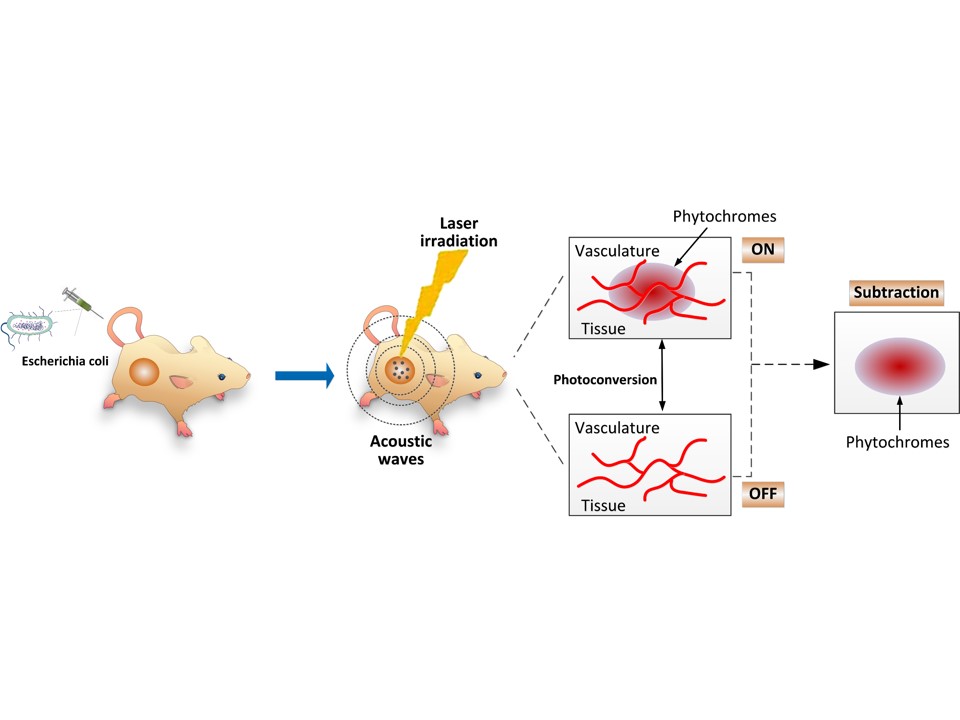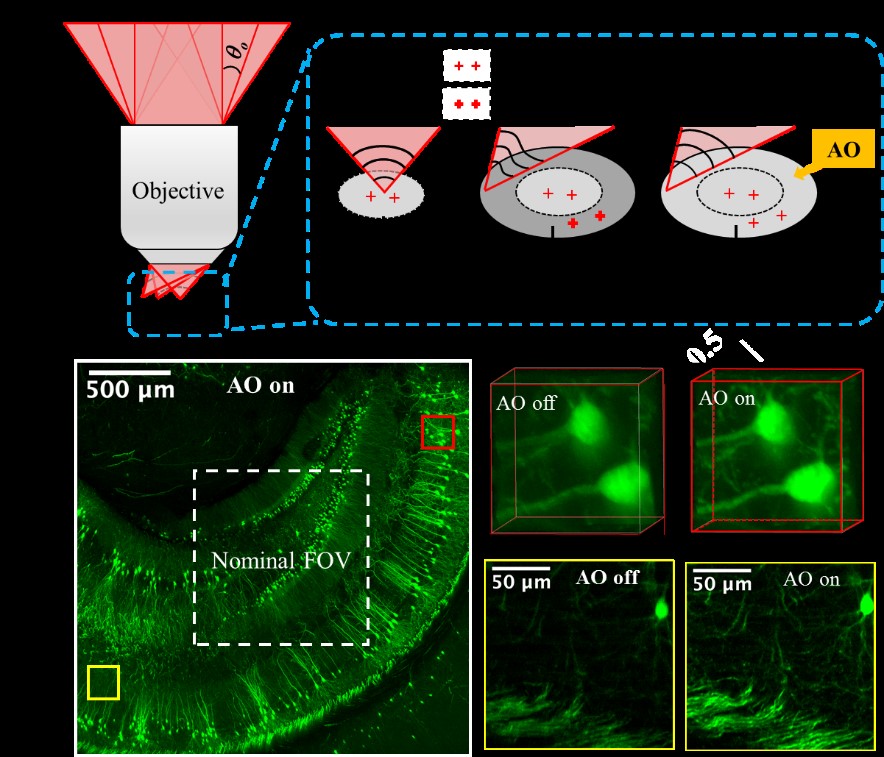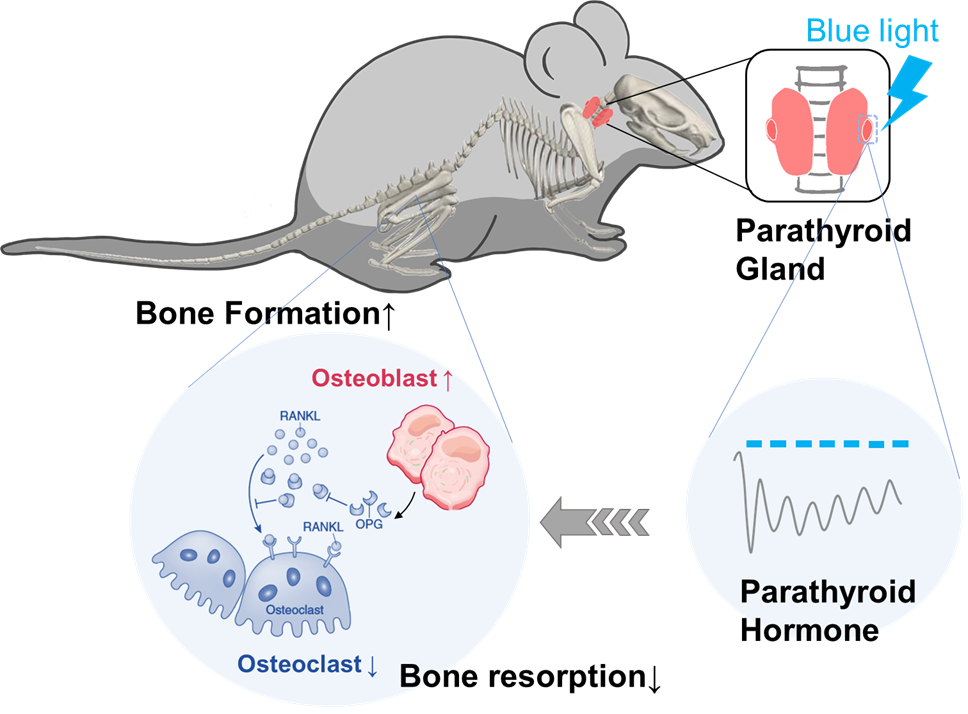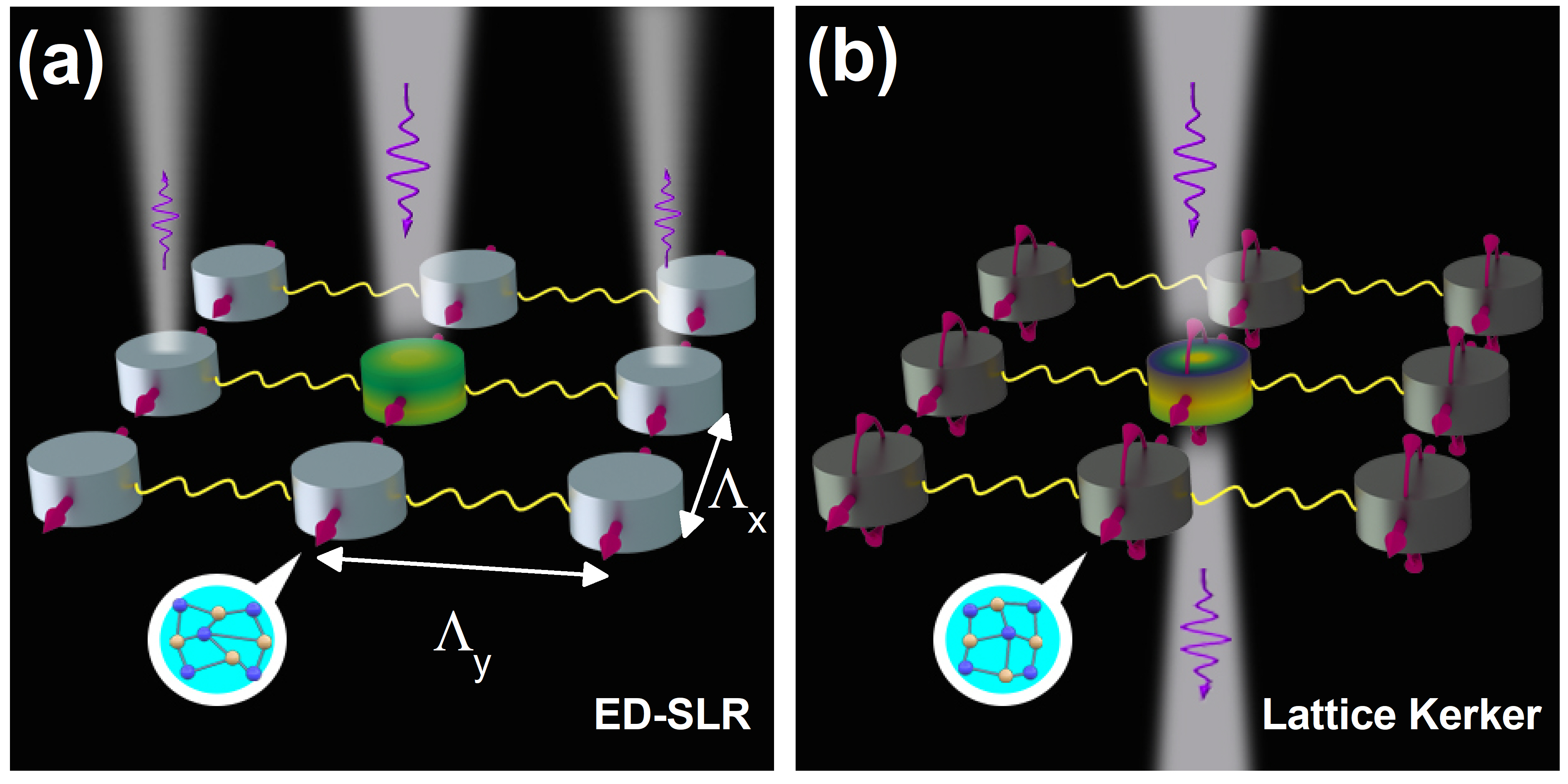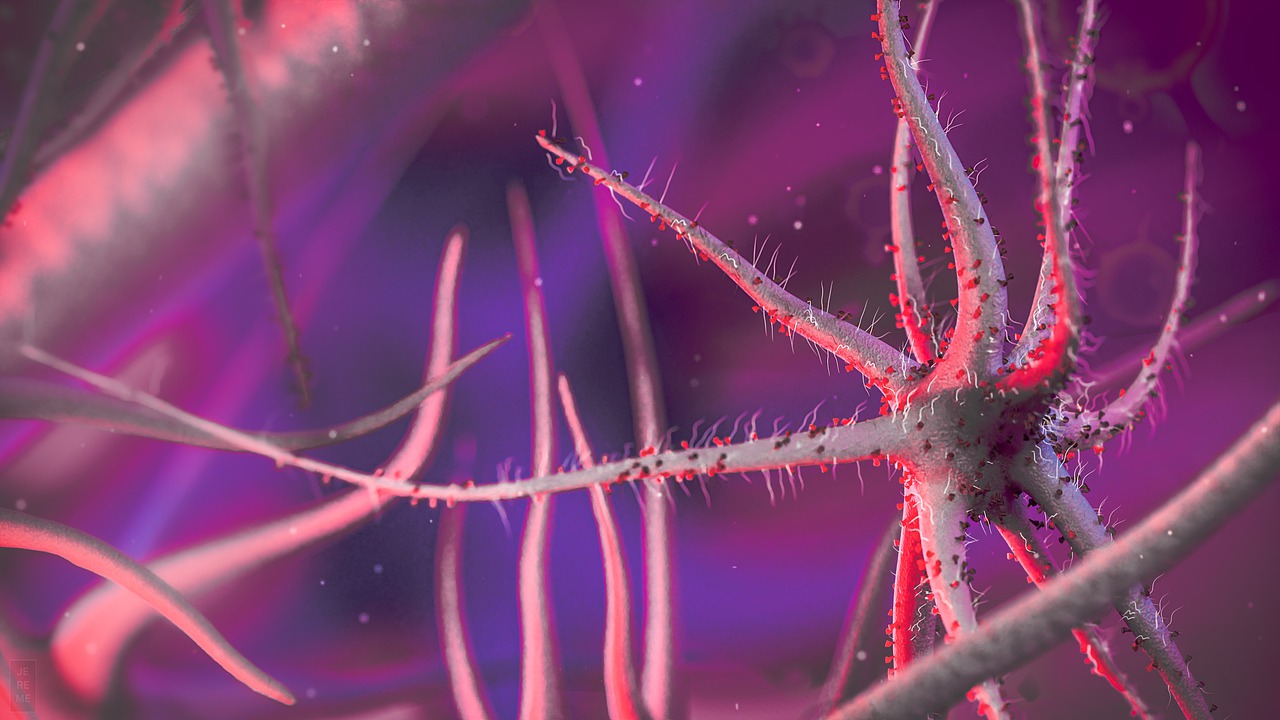
SIAT Research
-
Feb 23, 2022New Approach Enables Background-suppressed Tumor-targeted Photoacoustic ImagingIn this study, the researchers proposed an approach called GPS localization. In this approach, “G” stands for genetically encoded probe, “P” for photoacoustic imaging, and “S” for synthetic b... A research team led by Prof. LIU Chengbo, Prof. YAN Fei, and Prof. CHU Jun from the Shenzhen Institute of Advanced Technology (SIAT) of the Chinese Academy of Sciences, in collaboration with Prof. ...
-
Feb 22, 2022Researchers Develop Large-FOV and High-Resolution Two-Photon MicroscopeThe team proposed a simple and effective method to extend the FOV of a commercial objective using adaptive optics. Two-photon microscopy (TPM) enables the observation of cellular and subcellular dynamics and functions in deep nervous tissues, providing critical in situ and in vivo information for understanding ...
-
Feb 21, 2022Researchers Develop New NFT-Based Framework for Tokenizing PatentsThe team proposed a layered conceptual NFT-based patent framework capable of guiding for businesses in taking advantage of NFTs in real-world problems such as grant patents, funding, biotechnology,... By taking advantage of blockchain technology, digital assets are broadly grouped into fungible and non-fungible tokens (NFT). NFT has widely attracted attention, and its protocols, standards, and a...
-
Feb 14, 2022Researchers Develop Near-field Optical Sensing Platform for Highly Sensitive BiosensorsThe team has developed a near-field optical sensing platform capable of generating arrayed light beams with high intensity and high spatial constraint in semi-open areas. An international research team led by Prof. YANG Hui Yang from Shenzhen Institutes of Advanced Technology, Chinese Academy of Sciences and Prof. WANG Zengbo from Bangor University, UK has developed...
-
Feb 10, 2022Optogenetic Control of Parathyroid Hormone Secretion to Prevent Bone LossThe team proposed a new approach to control parathyroid hormone secretion in order to prevent secondary hyperparathyroidism (SHPT)-associated bone loss. Researchers led by Prof. YANG Fan from the Shenzhen Institute of Advanced Technology (SIAT) of the Chinese Academy of Sciences and their collaborators have proposed a new approach to control parath...
-
Jan 28, 2022Phase-Change Material Enables Active Tuning of Lattice Kerker EffectThe group’s study, entitled "Active tuning of resonant lattice Kerker effect," was published in the Journal of Physics D: Applied Physics on Jan. 25. The Kerker effect was first discovered by M. Kerker et al. in 1983 for the phenomenon of totally eliminated backscattering in a hypothetical magnetic sphere. With the advent of a new branch of nano...
-
Jan 25, 2022New Findings Shed Light on Gut Microbiota TransplantationThe group’s recent research has found that microbiota transplanted from both autologous and heterologous donors could be established in aged hosts and facilitate microbiota restoration after pertu... The maintenance of healthy and resilient gut microbiota is critical for the quality of life and healthspan of the elderly. Fecal microbiota transplantation (FMT) has been widely used to restore hea...
-
Jan 25, 2022New High-Density Surface EMG Signal Quality Enhancement for Upper Limb ProsthesesTheir study are reported in the Biomedical Signal Processing and Control on Jan. 18. Myoelectric pattern recognition (PR) based strategies have been well investigated and applied as viable control methods for upper limb prostheses.However, transhumeral amputees often lack requisite...
